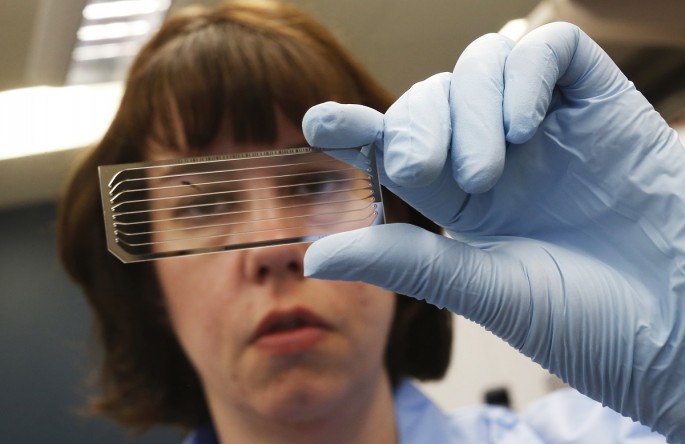A team of scientists in China attempted a gene modification technique on human embryos even as the world scientific community debated the ethics behind the move. Several scientists argue CRISPR - the technique that allows for adding or removal of any human gene is yet not matured enough for application on human embryos.
The researchers at Sun Yat-sen University in the Guangzhou province of China used the technique on embryos that had almost zero chances of ever developing into humans. The researchers also confirmed they tried to repair the gene that is responsible for thalassaemia.
What also came as least surprising is that the experiments deviated far from the intended results with unexpected mutations reported. Led by Junjiu Huang, the team injected 86 embryos with the Cas9 protein. After allowing the embryos 48 hours for the gene editing to occur, 71 embryos were found to have survived the ordeal, the Telegraph stated.
However, while the correct genetic code was found in just a few of the embryo, what proved to be a disaster are the unexpected mutations that weren't called for.
According to National Geographic, the technique is based on the principle of bacterial defence against viruses where the former uses specific molecules that cut through specific stretches of the virus DNA. This prompted scientists to develop similar bacteria that will be used to latch on to a specific gene which will then be replaced with a normal gene sequence.
The technique though holds promise as researcher's claim it could one day lead to the elimination of several genetic disorders as suitably altering the genetic makeup will lead to the embryo developing into a healthy human being.
However, the world scientific community also fear the research could eventually end up being used to develop what they refer to as designer babies.
"This news emphasises the need for an immediate global ban on the creation of GM designer babies," said Human Genetics Alert Director, Dr David King.
"It is critical that we avoid a eugenic future in which the rich can buy themselves a baby with built-in genetic advantages."



























